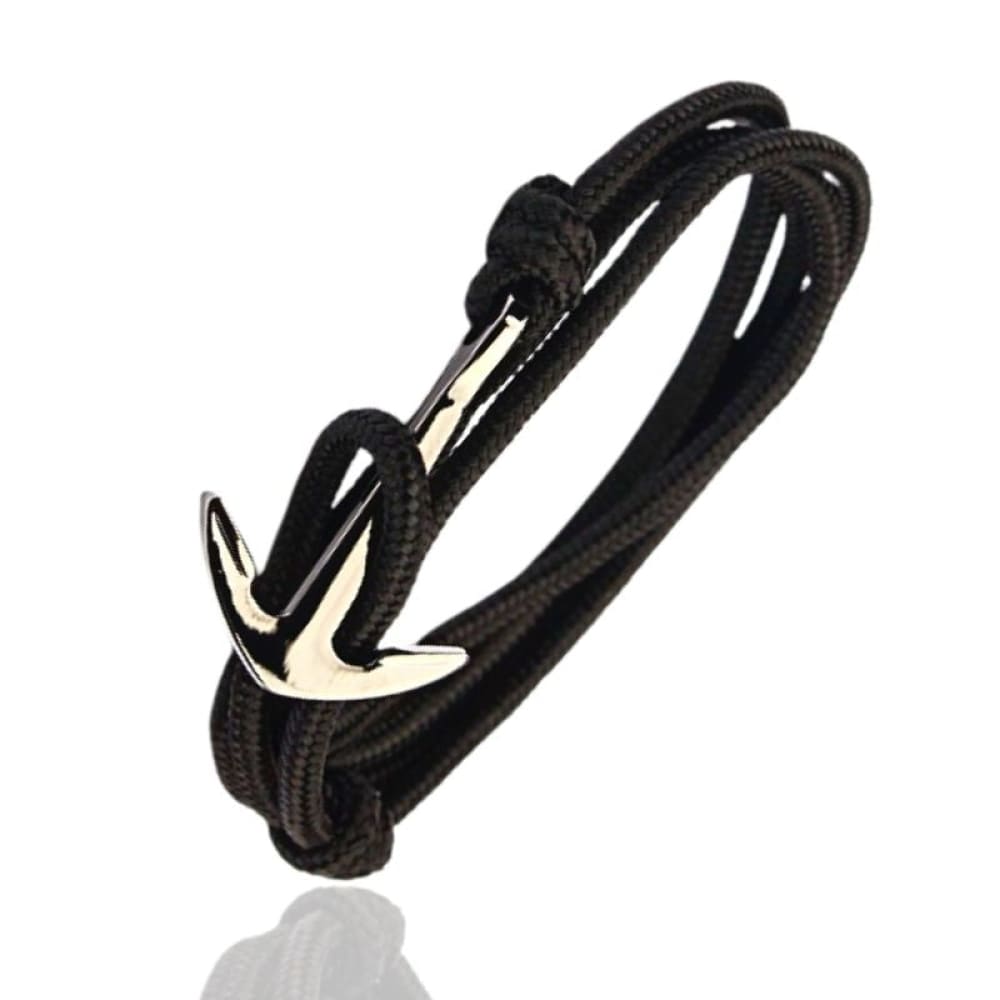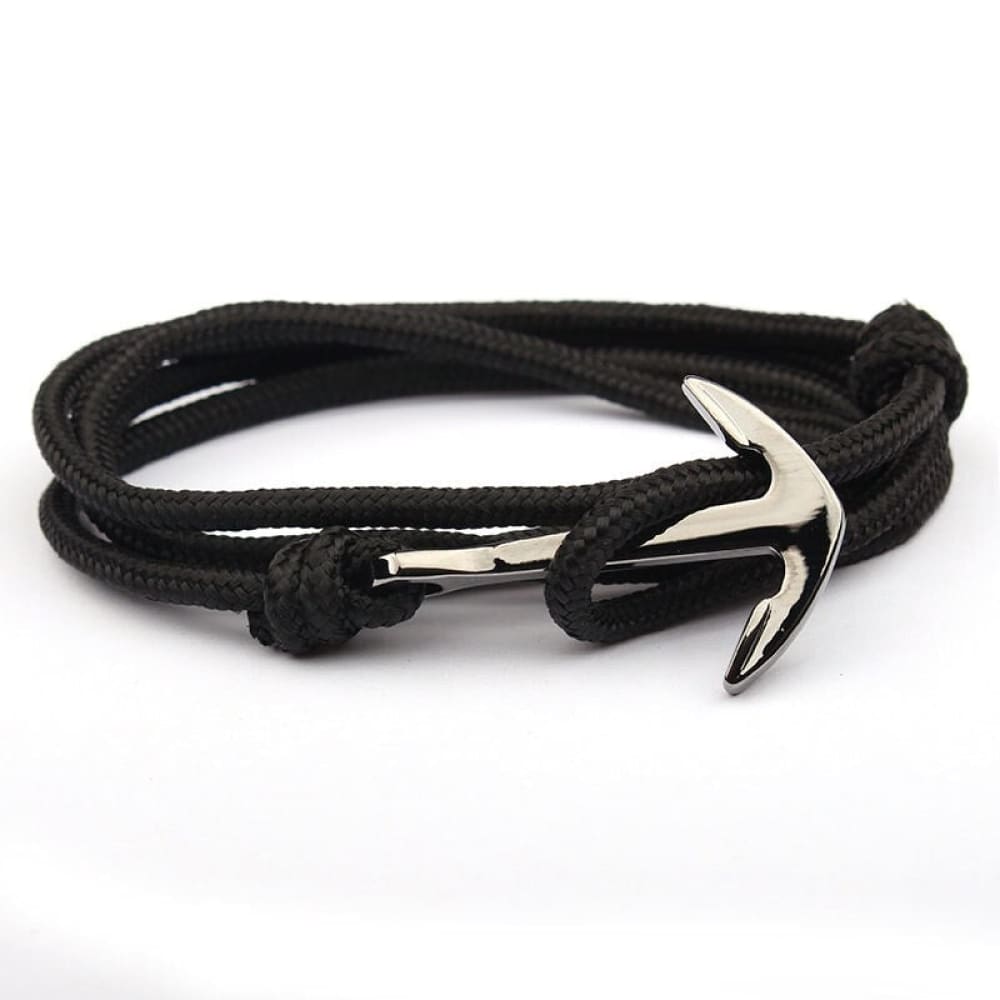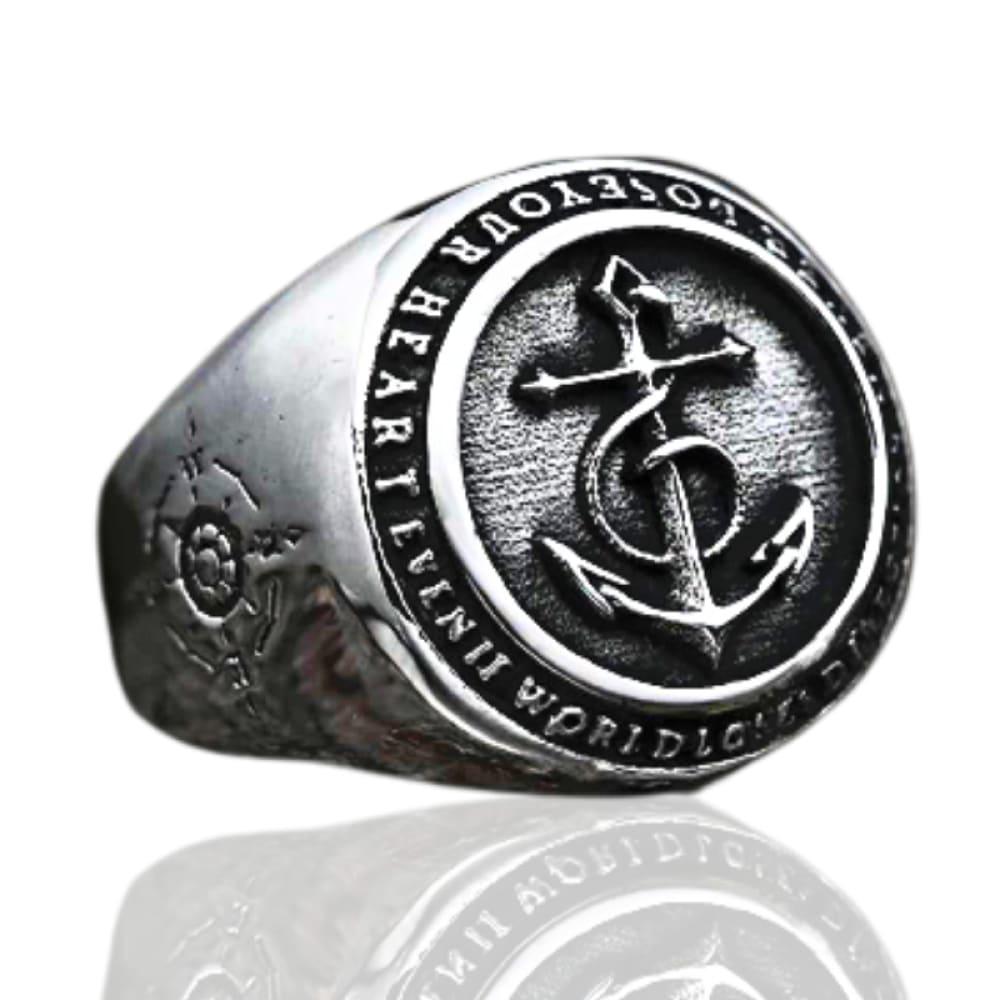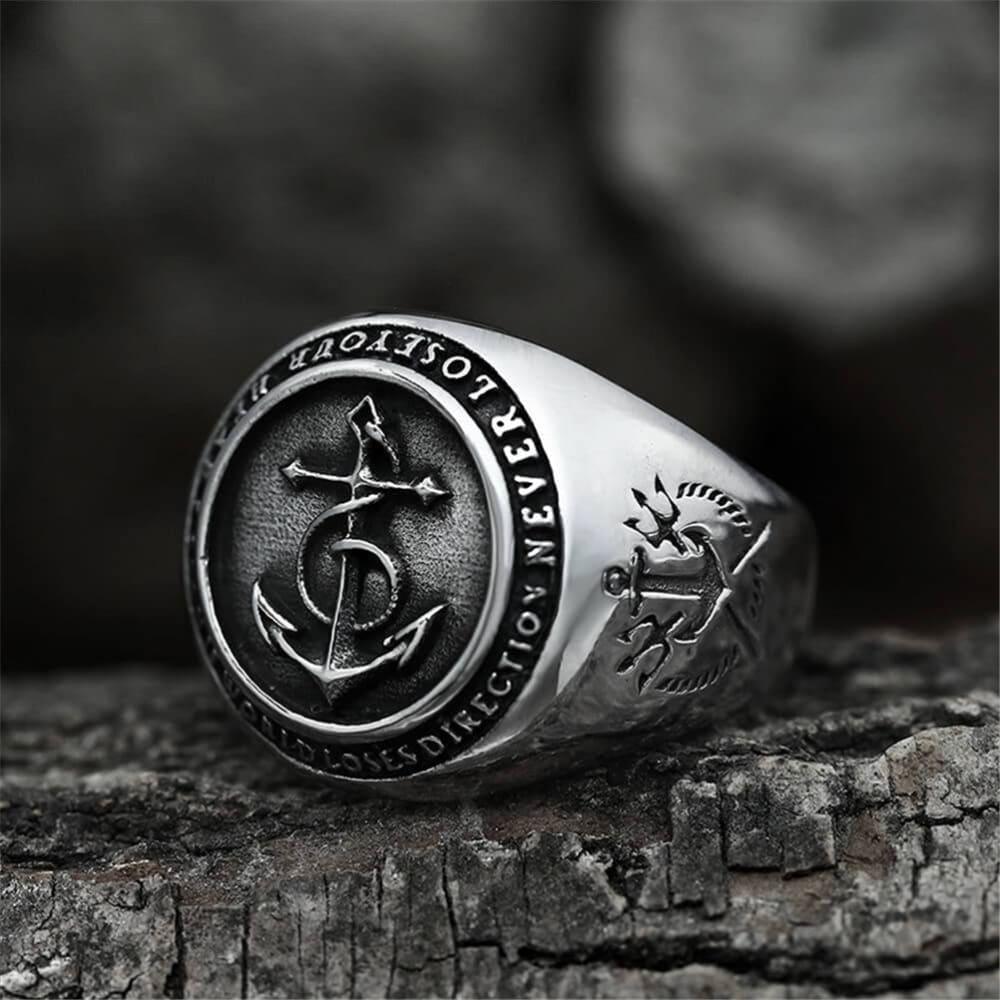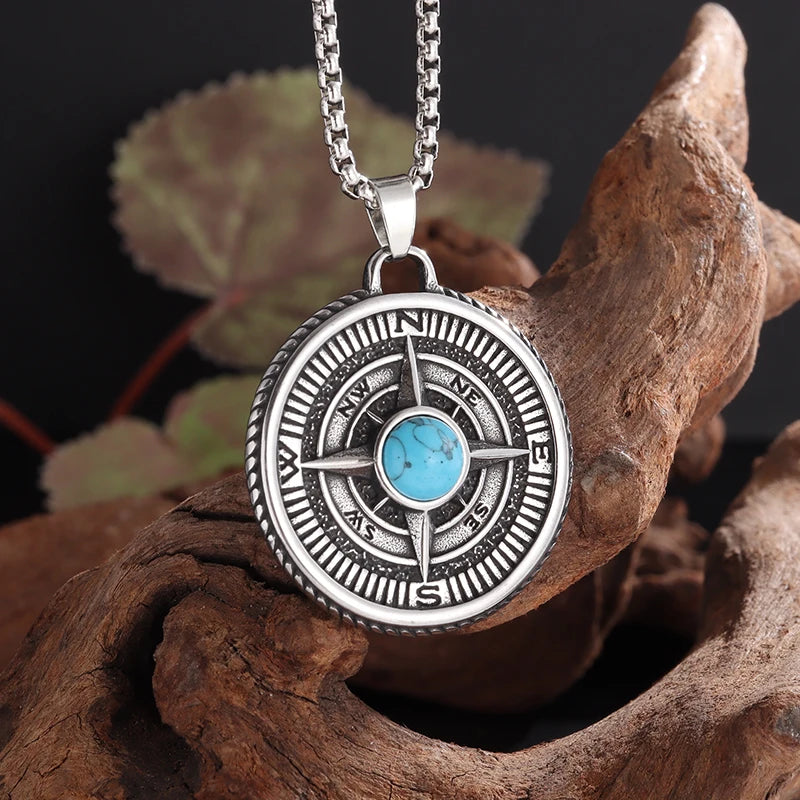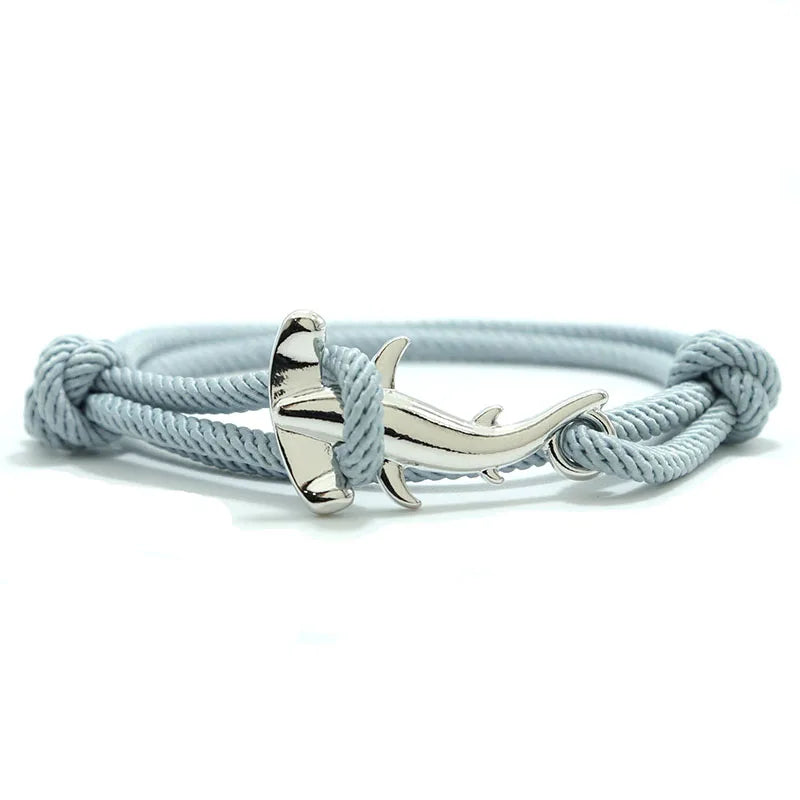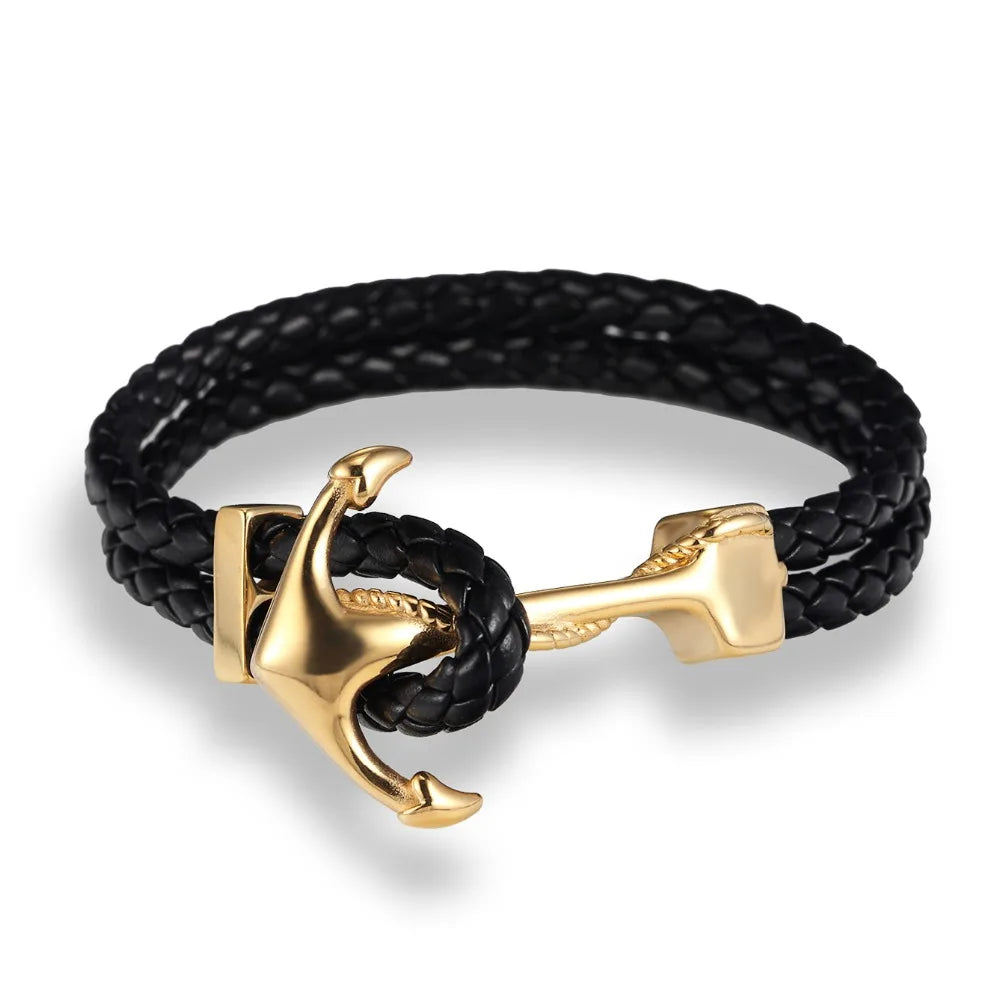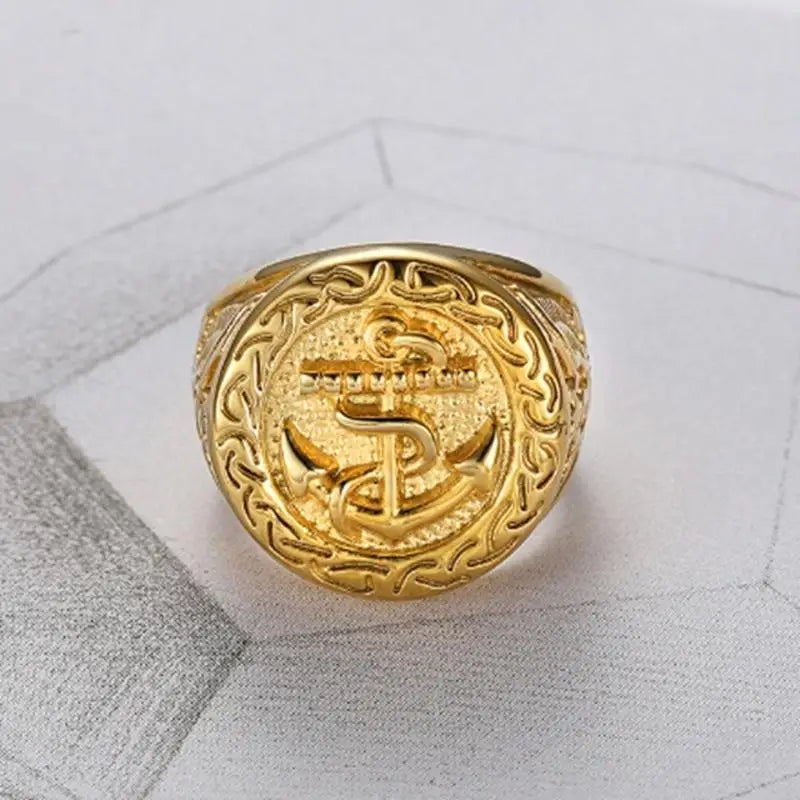How to Sail Upwind: A Guide for Passionate Sea Lovers
How to Sail Upwind: A Guide for Passionate Sea Lovers
Understanding the Basics of Sailing Upwind
Sailing upwind can be a thrilling and challenging experience for passionate sea lovers. It requires an understanding of the wind, sail trim, and boat handling techniques. When sailing upwind, it's vital to point the boat as close to the wind as possible while maintaining speed and control.
To sail upwind effectively, you need to trim your sails properly. Adjust the angle and tension of the sails to match the wind direction and strength. By properly trimming your sails, you can generate lift and reduce drag, allowing you to sail closer to the wind.
The Importance of Boat Balance
Boat balance plays a crucial role in sailing upwind. Distribute the weight evenly throughout the boat to maintain stability and prevent excessive heel. Proper weight distribution allows the boat to slice through the water smoothly, maximizing performance and speed.
When sailing upwind, it's essential to keep the crew weight forward. This helps to keep the bow down, enhances the boat's ability to point higher and reduces the risk of being caught in the irons. Additionally, ensure that all gear and equipment are properly secured to maintain balance and stability.
Mastering Tacking and Jibing Techniques
Tacking and jibing are maneuvers necessary for sailing upwind. Tacking involves turning the bow of the boat through the wind, changing the boat's direction. Jibing, on the other hand, involves turning the stern of the boat through the wind.
When tacking, it's crucial to maintain speed and complete the maneuver efficiently. Coordinate with your crew, release the jib sheets, and shift your weight to the opposite side of the boat to facilitate the turn. Jibing requires careful attention to prevent accidental gybes, so always ensure proper communication and preparation.
Choosing the Right Sail for Upwind Sailing
When sailing upwind, the choice of sail is crucial. The main sail and headsail work together to propel the boat forward. Consider the wind conditions and boat size to determine the appropriate sails to use.
The mainsail is the primary driving force when sailing upwind. It should be properly trimmed to maintain an efficient shape. Adjust the outhaul and mainsheet tension to achieve maximum performance. The headsail, such as a genoa or jib, is also important for upwind sailing. Use the appropriate headsail size based on the wind strength to optimize your sailing experience.
Understanding Sail Trim Techniques
Sail trim is essential for upwind sailing. Properly trimming the sails can help maximize your boat's performance and efficiency. Pay attention to the leech and foot tension, as well as the shape of the sails. Adjust the sails to maintain a smooth, aerodynamic profile and eliminate any luffing or flapping.
Keep an eye on telltales, which are small ribbons or strings attached to the sail. They indicate the airflow and allow you to make necessary adjustments. Experiment with different sail trim settings to find the optimal configuration for sailing upwind.
Using Wind Shifts to Your Advantage
Wind shifts can significantly impact your sailing upwind. Stay vigilant and adapt your sailing strategy accordingly. Look for changes in wind direction and adjust your course and sail trim to optimize your performance.
Keep an eye on the water's surface for ripples and signs of wind shifts. Pay attention to other boats and their sail positions to gain insights into wind patterns. By reacting quickly to wind shifts, you can maintain an advantageous position and gain a competitive edge.
Enhancing Your Upwind Sailing Skills
Becoming proficient at sailing upwind requires practice, patience, and a keen understanding of sailing techniques. Here are some additional tips to enhance your upwind sailing skills:
1. Perfecting the Heel Angle
Experiment with different heel angles to find the optimal balance between speed and control. Avoid excessive heel, as it can increase drag and hinder your progress upwind. Keep the boat as upright as possible while maintaining forward momentum.
2. Seamanship Skills
Develop your seamanship skills to handle challenging conditions when sailing upwind. Learn how to reef your sails, navigate efficiently, and use proper safety equipment. Being prepared for various scenarios will enable you to sail upwind confidently and safely.
3. Weather Forecasting
Pay attention to weather forecasts to anticipate wind shifts, gusts, and other weather conditions that may affect your upwind sailing. Understanding weather patterns will help you make informed decisions and adjust your sailing strategy accordingly.
4. Participate in Regattas and Sailing Competitions
Engage in regattas and sailing competitions to further develop your upwind sailing skills. Competing with other passionate sea lovers will challenge and push you to improve. Learn from experienced sailors and embrace the competitive spirit to become a proficient upwind sailor.
5. Never Stop Learning
The world of sailing is vast and ever-evolving. Stay informed about new techniques, technologies, and best practices for upwind sailing. Attend sailing seminars, read books, and connect with fellow sailors to expand your knowledge and improve your sailing abilities.
Summary
Sailing upwind requires skill, technique, and a deep appreciation for the sea. By mastering the basics of trim, boat balance, and maneuvers, you can navigate challenging wind conditions with confidence. Choosing the right sails, understanding sail trim techniques, and utilizing wind shifts effectively are all essential factors to consider. Continuously honing your skills, embracing new challenges, and staying up-to-date with the latest sailing practices will ensure that you make the most of your upwind sailing adventures.


